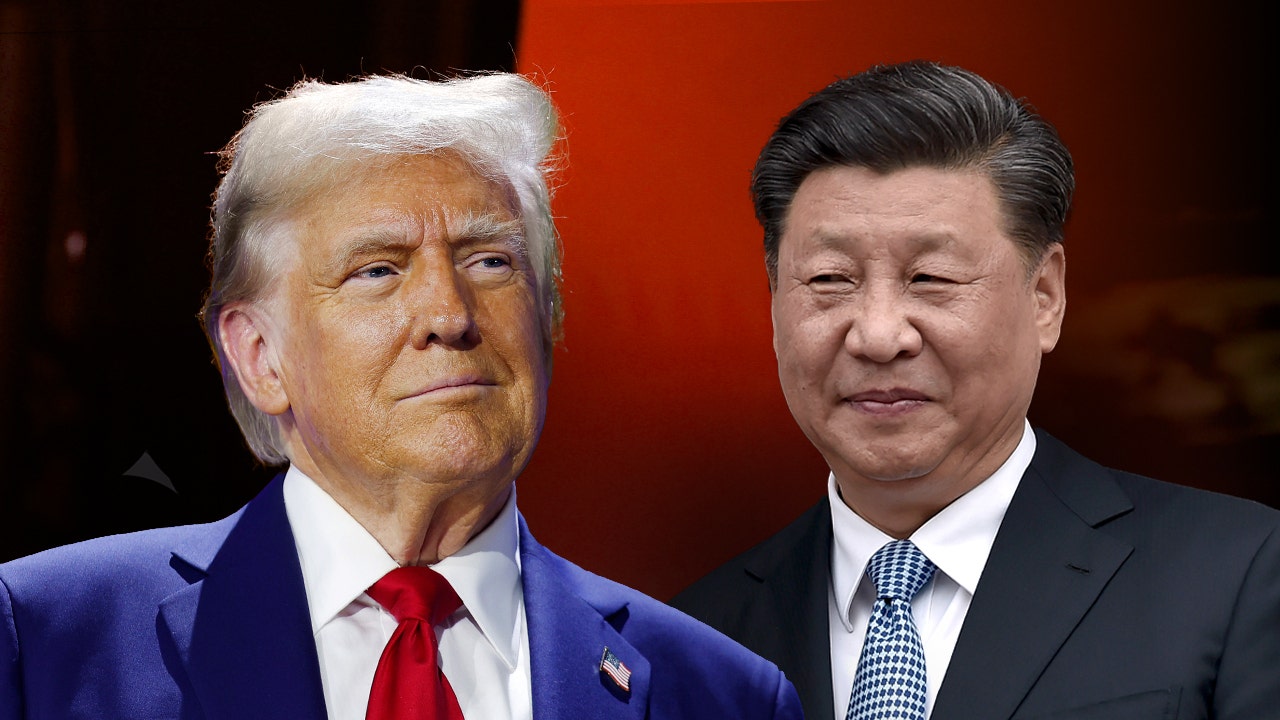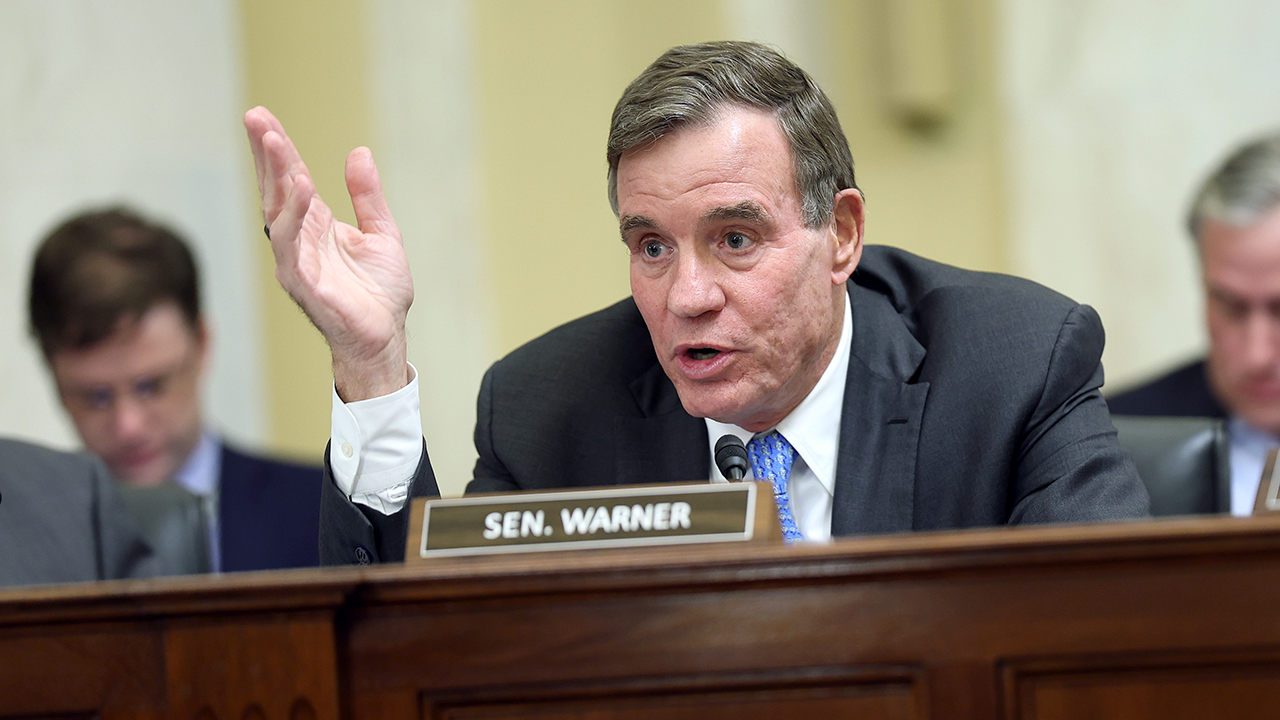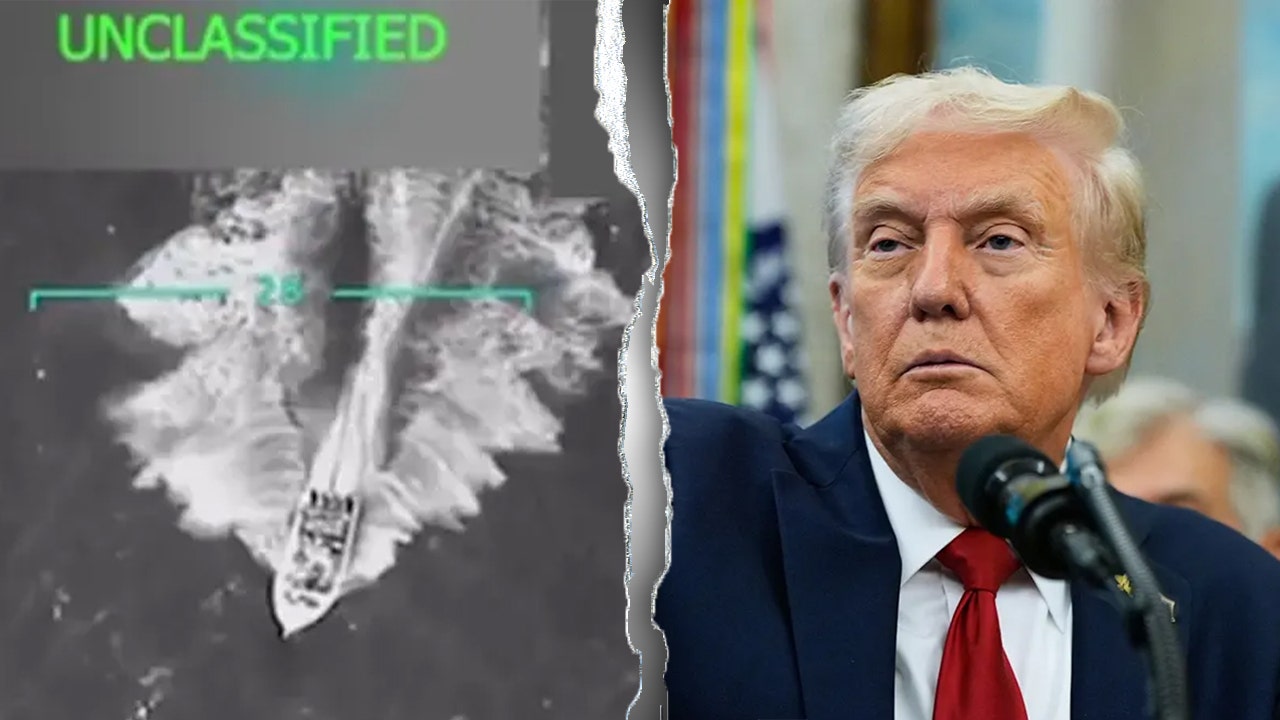Trump leaves China guessing what his next move is with unusual inauguration invitation

President-elect Trump has made a surprising move by inviting Chinese President Xi Jinping to his upcoming inauguration, a gesture that has left many wondering about the intentions behind it. This invitation is unprecedented, as no Chinese head of state has ever attended a U.S. inauguration in history.
Despite the friendly gesture, sources have indicated that President Xi is unlikely to accept the invitation. Trump, in an interview with CNBC, mentioned that he has a good relationship with China and President Xi, and they have been discussing various matters.
However, the invitation comes at a time when the U.S. intelligence community revealed a massive hack of eight U.S. telecom companies by Chinese hackers. This hack, dubbed Salt Typhoon, compromised the data of millions of Americans, including Vice President-elect JD Vance. The targeted individuals were mainly government-linked and had their phone calls and texts intercepted.
In a separate incident, a Chinese national was arrested for flying a drone over Vandenberg Space Force base in Northern California, further straining relations between the two countries. China expert Gordon Chang expressed disappointment over the invitation, citing various issues such as the spread of COVID-19 and the fentanyl program.
Chang believes that President Xi views the invitation as a sign of weakness rather than friendship, as he has previously labeled the United States as China’s enemy. This move could be seen as a departure from Trump’s previous threats of imposing tariffs on Chinese goods.
The possibility of a trade war looms large, with Trump considering a 60% tariff on all goods imported from China. This could potentially disrupt the economic relationship between the two countries and lead to further tensions. Military tensions in the Indo-Pacific have also escalated, with China flexing its muscles in the region.
Defense experts have speculated about the potential for a war between the U.S. and China, as the two countries engage in a strategic power struggle. Lyle Goldstein, Director of Asia Engagement at Defense Priorities, sees the invitation as a positive step towards engagement and dealmaking.
As China contemplates devaluing its currency in response to Trump’s tariffs, the future of trade relations remains uncertain. Goldstein emphasizes the importance of making necessary adjustments to ensure fair trade practices.
In conclusion, the invitation extended by President-elect Trump to President Xi Jinping raises questions about the future of U.S.-China relations. Despite the complexities and challenges ahead, there is hope for diplomatic engagement and negotiation to prevent a full-blown trade war and military conflict.




